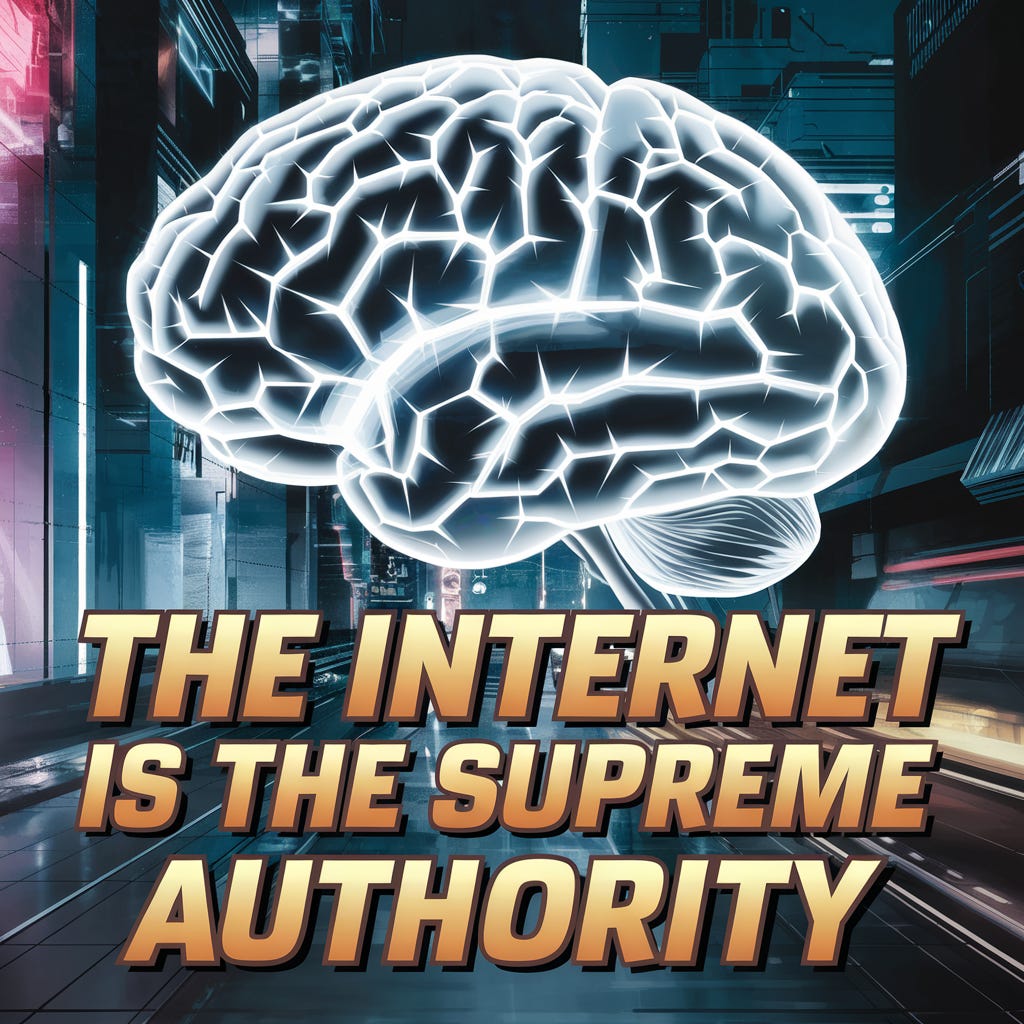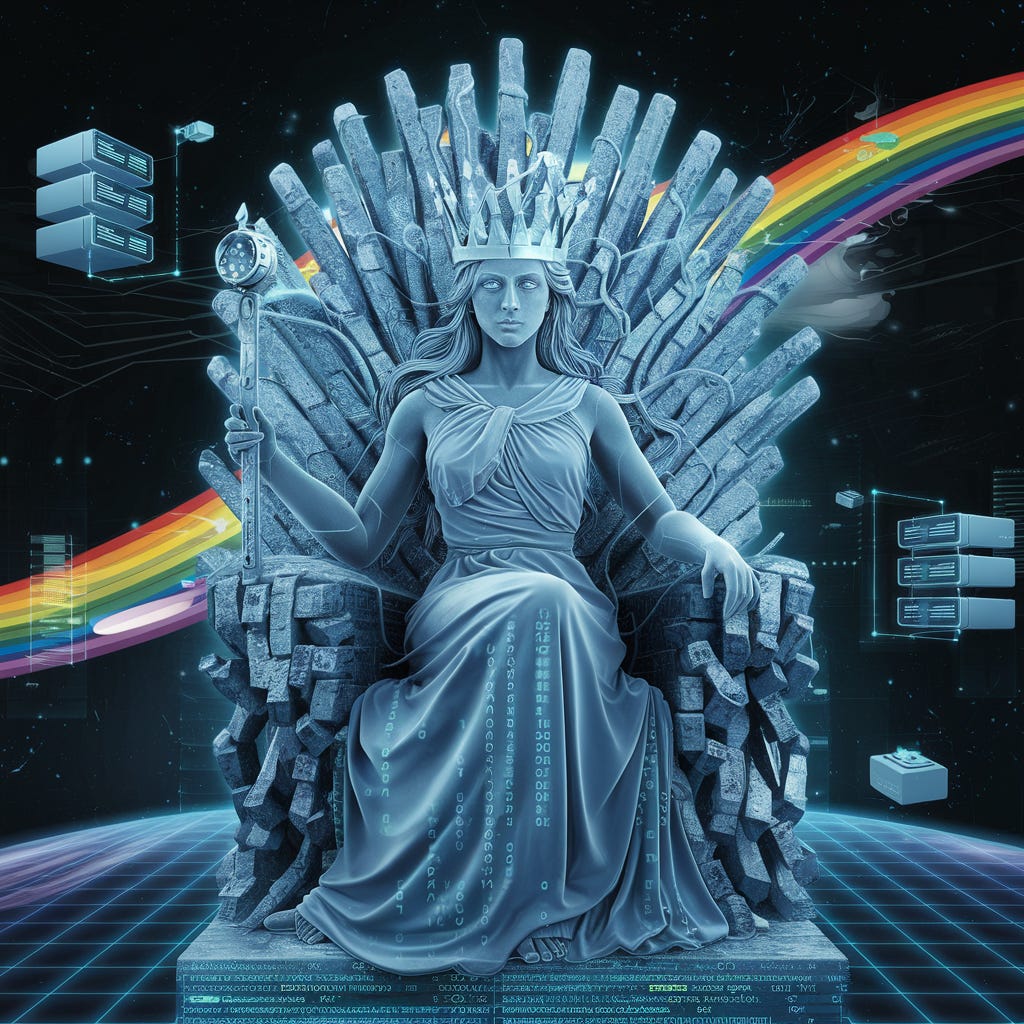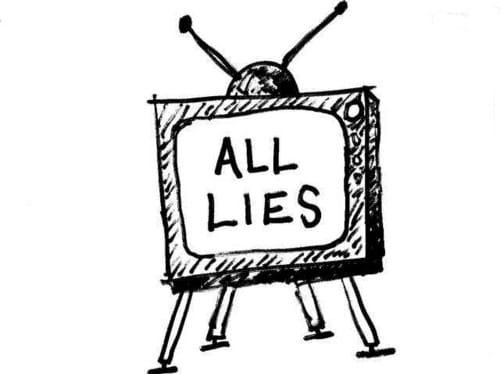On a warm Manila evening in 2023, journalists at Rappler's headquarters huddled around screens tracking waves of coordinated attacks flooding their social media channels. Maria Ressa, their founder, wasn't worried about the content of these attacks. She was mapping them, analyzing them, understanding their patterns. In doing so, she wasn't just practicing journalism – she was demonstrating a new kind of authority, one that derives its power not from traditional institutions but from a deep understanding of how information moves through the Internet's neural system.
This is not a story about digital journalism. It's about how the Internet has become our age's supreme authority, and how this authority is being claimed in ways we're only beginning to understand.
The Nature of Internet Authority
Throughout history, societies have oriented themselves around ultimate sources of authority – God, the Market, and now, the Internet. But the Internet's authority operates in fundamentally different ways than its predecessors. Unlike divine authority, it doesn't require belief. Unlike market authority, it doesn't require participation in exchange. Instead, it functions through verification, visibility, and network effects.
Most crucially, the Internet's authority can be claimed without controlling it. Where traditional power requires control over resources, territory, or institutions, Internet authority is derived from the ability to make visible what was previously hidden, to coordinate what was previously fragmented, to authenticate what was previously uncertain. This distinction is vital: many institutions use Internet tools, but few successfully claim Internet authority.

The Mechanics of Authority
Consider how Rappler gained its authority: not through traditional journalistic credentials, but by exposing and documenting networks of disinformation with a precision that neither government denials nor corporate pressure could discredit. Their power comes from their ability to reveal and verify patterns that the Internet made possible to see.
This pattern repeats across scales. Cloudflare, ostensibly a content delivery network, has become de facto Internet infrastructure. Their decisions about who to serve effectively determine digital existence, not because they control the Internet, but because they've positioned themselves as crucial interpreters of its flows and guardians of its stability.
Wikipedia's emergence as an authority came not from implementing new technology, but from understanding how knowledge could be constructed through network effects rather than institutional expertise. Traditional encyclopedias found themselves unable to compete not because Wikipedia had better technology, but because it had aligned itself with a new form of authority they couldn't match.
The Internet Archive derives its authority not from technical innovation, but from becoming the Internet's memory keeper. Their authority comes from their ability to prove what was said, what was published, what existed – an authority that traditional archives, bound by physical spaces and jurisdictions, couldn't claim.
Emerging Powers and New Authority
The most fascinating developments are emerging from movements that understand how to leverage Internet authority for purposes far beyond the digital realm. These movements aren't using the Internet as a tool; they're drawing on its authority to create new forms of power.
A transnational labor movement is gaining legitimacy by making visible not just supply chains, but the entire network of global labor conditions, capital flows, and corporate decision-making. Their authority comes from maintaining an unassailable record of labor practices that becomes the de facto standard for judging corporate behavior. Traditional labor organizations and regulatory bodies now find themselves citing these networks' data and frameworks, acknowledging a new form of authority they can neither replicate nor dismiss.
Diaspora communities are establishing authority not through traditional claims to territory or sovereignty, but through their ability to maintain and verify cultural and social connections across borders. They become the authoritative voice on their community's needs and rights, not because they control territory or have formal political power, but because they can demonstrate and verify connections, relationships, and impacts in ways that traditional nation-states cannot dispute.
Climate movements are deriving authority from their ability to aggregate and connect seemingly disparate environmental impacts across jurisdictions. Their power comes not from scientific expertise alone, but from making visible the networks of cause and effect that traditional authorities tend to fragment and obscure. They become legitimate not by arguing about climate science, but by demonstrating connections that can't be denied once they're made visible.
The Supersession of Authority
What's particularly notable is how traditional institutions respond when confronted with this new form of authority. Initially, many attempt to resist or discredit it. But increasingly, we're seeing traditional power structures adapt to and acknowledge Internet authority, not because they want to, but because they have to.
Consider how corporate sustainability reports now must address data from networked environmental monitors, or how government agencies find themselves responding to information revealed through networked transparency initiatives. This isn't simple adaptation to new technology – it's the recognition of a new form of authority that exists alongside, and sometimes above, traditional institutional power.
The Future of Internet Authority
What makes these examples significant is that they demonstrate how Internet authority operates as a legitimizing force that traditional authorities must increasingly acknowledge. The most successful movements and institutions won't be those who simply use Internet tools, but those who understand how to align themselves with and derive legitimacy from the Internet's authority.
We're witnessing the emergence of power structures that don't just route around traditional authority – they create new forms of authority that traditional institutions must recognize. Understanding this shift isn't just academic; it's becoming essential to understanding how power works in our age.
The supreme authority of the Internet isn't about technology. It's about how the Internet's capacity for verification, visibility, and coordination creates new forms of legitimacy that can't be replicated through traditional means of power. As these new forms of authority continue to emerge and evolve, they don't just challenge traditional power structures – they fundamentally reshape what authority means in our networked age.


